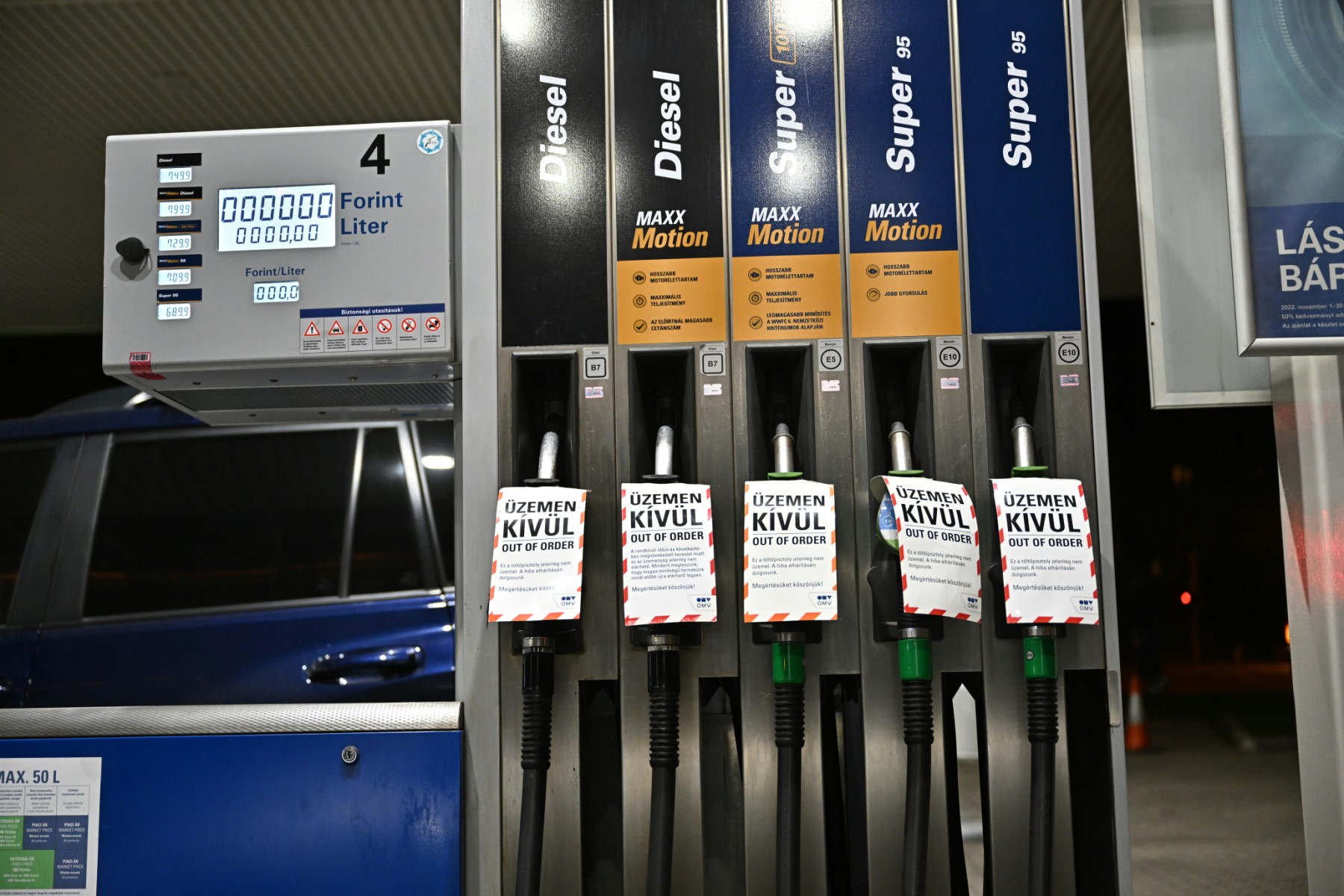
403
Sorry!!
Error! We're sorry, but the page you were looking for doesn't exist.
Brent crude prices fall amid concerns about Chinese demand, disruption of Libyan supplies
(MENAFN) Brent crude prices declined during Asian trading on Tuesday, driven by growing fears over weakening demand due to a slowdown in China’s economy, which overshadowed the impact of ongoing oil production shutdowns in Libya. Brent crude futures fell by 37 cents, or 0.48 percent, to settle at USD77.15 per barrel by 01:56 GMT. Meanwhile, U.S. West Texas Intermediate (WTI) crude, which did not have a closing settlement on Monday due to the U.S. Labor Day holiday, rose by 28 cents from its Friday close, reaching USD73.55 per barrel. According to Warren Patterson, head of commodities strategy at ING, the oil market remains under significant pressure due to persistent concerns over Chinese demand. He pointed out that even the weaker-than-expected Purchasing Managers' Index (PMI) data from China was insufficient to alleviate these concerns.
China’s economic outlook appears increasingly challenging, as indicated by its August PMI, which reached its lowest level in six months. Additionally, the country reported its first decline in new export orders in eight months in July, and the growth of new home prices in August was the weakest recorded this year. These signs of a slowing economy have heightened worries about reduced oil demand from China, the world’s largest oil importer. Patterson emphasized that these demand-related concerns are clearly offsetting the impact of supply disruptions caused by the recent crisis in Libya, where oil production has been significantly curtailed. The United Nations Support Mission in Libya held talks in Tripoli on Monday to address the crisis within the Libyan Central Bank, which has resulted in oil production falling to less than half of its normal levels. The mission reported that the discussions led to “important understandings,” with representatives agreeing to further consultations aimed at finalizing an agreement. Despite this, oil exports from major Libyan ports remain halted, and production across the country is still significantly reduced.
Libya's National Oil Corporation declared a state of force majeure on the El Feel oil field starting yesterday, a move that has further exacerbated the production decline. By August 28, Libya's total oil output had dropped to just over 591,000 barrels per day (bpd), down from approximately 959,000 bpd on August 26, and significantly lower than the 1.28 million bpd recorded on July 20. Meanwhile, despite the concerns over global demand, the Organization of the Petroleum Exporting Countries (OPEC) and its allies in the OPEC+ alliance are expected to proceed with plans to increase output by 180,000 barrels per day in October. Industry sources suggest that this planned production increase will likely move forward regardless of the prevailing demand uncertainties, adding another layer of complexity to the global oil market dynamics.
China’s economic outlook appears increasingly challenging, as indicated by its August PMI, which reached its lowest level in six months. Additionally, the country reported its first decline in new export orders in eight months in July, and the growth of new home prices in August was the weakest recorded this year. These signs of a slowing economy have heightened worries about reduced oil demand from China, the world’s largest oil importer. Patterson emphasized that these demand-related concerns are clearly offsetting the impact of supply disruptions caused by the recent crisis in Libya, where oil production has been significantly curtailed. The United Nations Support Mission in Libya held talks in Tripoli on Monday to address the crisis within the Libyan Central Bank, which has resulted in oil production falling to less than half of its normal levels. The mission reported that the discussions led to “important understandings,” with representatives agreeing to further consultations aimed at finalizing an agreement. Despite this, oil exports from major Libyan ports remain halted, and production across the country is still significantly reduced.
Libya's National Oil Corporation declared a state of force majeure on the El Feel oil field starting yesterday, a move that has further exacerbated the production decline. By August 28, Libya's total oil output had dropped to just over 591,000 barrels per day (bpd), down from approximately 959,000 bpd on August 26, and significantly lower than the 1.28 million bpd recorded on July 20. Meanwhile, despite the concerns over global demand, the Organization of the Petroleum Exporting Countries (OPEC) and its allies in the OPEC+ alliance are expected to proceed with plans to increase output by 180,000 barrels per day in October. Industry sources suggest that this planned production increase will likely move forward regardless of the prevailing demand uncertainties, adding another layer of complexity to the global oil market dynamics.

Legal Disclaimer:
MENAFN provides the
information “as is” without warranty of any kind. We do not accept
any responsibility or liability for the accuracy, content, images,
videos, licenses, completeness, legality, or reliability of the information
contained in this article. If you have any complaints or copyright
issues related to this article, kindly contact the provider above.


















Comments
No comment